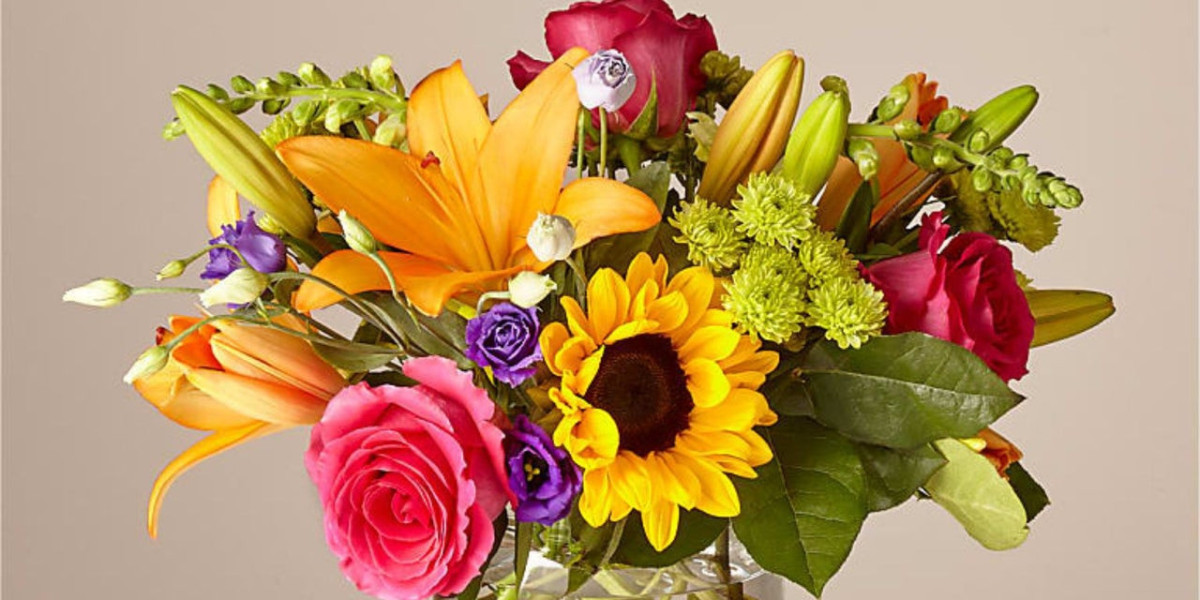Mother's Day is a cherished occasion celebrated globally, dedicated to honoring the profound influence and unconditional love of mothers. Amidst the exchange of gifts and heartfelt gestures, few symbols resonate as deeply or carry as much significance as flowers. Mother's Day flowers embody a rich history and profound symbolism, woven intricately into the fabric of this beloved holiday.
Origins of Mother's Day
The roots of Mother's Day as a formal holiday can be traced back to the early 20th century, thanks to the tireless efforts of Anna Jarvis, an American activist inspired by her mother's compassion and selflessness. Anna's campaign for a national day to honor mothers culminated in President Woodrow Wilson declaring the second Sunday in May as Mother's Day in the United States in 1914.
Role of Flowers in Mother's Day Celebrations
From its inception, flowers have played a central role in Mother's Day celebrations. Anna Jarvis, recognizing the symbolic power of blooms to convey emotion, advocated for the use of carnations – her mother's favorite flower – as a symbol of Mother's Day. White carnations were chosen to honor mothers who had passed away, while red carnations became synonymous with living mothers.
The tradition of gifting flowers on Mother's Day quickly spread worldwide, with each culture adding its own unique customs and floral symbolism to the mix. Bouquets of vibrant blooms have become a staple gift, representing appreciation, gratitude, and love for mothers everywhere.
The Language of Flowers
Central to the significance of flowers on Mother's Day is the language they speak – a silent yet profound dialect that transcends words. Dating back to the Victorian era, the language of flowers, or floriography, assigned specific meanings to different blooms, allowing individuals to communicate sentiments and emotions through floral arrangements.
Roses, with their timeless beauty and captivating fragrance, reign supreme among Mother's Day flowers. Each hue of rose carries its own distinct message – from the passionate red rose symbolizing love and devotion to the delicate pink rose expressing gratitude and admiration. Yellow roses radiate joy and friendship, while white roses embody purity and innocence, offering a poignant tribute to the selfless love of mothers.
Beyond roses, a multitude of other flowers carry their own unique symbolism on Mother's Day. The elegant lily, with its pristine petals and serene fragrance, represents purity and motherhood, while the cheerful daisy symbolizes innocence and joy. Orchids, with their exotic allure, convey luxury and refinement, reflecting the elegance and grace of motherhood.
Evolution of Floral Trends on Mother's Day
As societal norms and cultural preferences evolve, so too do the trends in Mother's Day flowers. While traditional favorites like roses and carnations remain perennial favorites, contemporary florists are increasingly incorporating a diverse array of blooms into their arrangements to cater to modern tastes.
In recent years, there has been a growing emphasis on eco-friendly and sustainable floral options, with consumers seeking out locally sourced and organically grown flowers for their Mother's Day bouquets. Additionally, personalized and bespoke floral arrangements have gained popularity, allowing gift-givers to create unique and meaningful bouquets tailored to their mothers' preferences and personalities.
Looking Ahead: The Future of Mother's Day Flowers
As we look to the future, one thing remains certain – the enduring appeal of flowers as a symbol of love and appreciation on Mother's Day. Whether it's a classic bouquet of roses or a modern arrangement of exotic blooms, flowers will continue to serve as a timeless expression of gratitude and affection for mothers around the world.
In an increasingly digital age, the act of gifting flowers takes on added significance, serving as a tangible reminder of the enduring bonds of love and connection that unite families across distances. As technology enables greater convenience and accessibility in flower delivery, the tradition of sending flowers on Mother's Day is poised to endure for generations to come.
Conclusion
In conclusion, the history and symbolism of Mother's Day flowers are deeply rooted in the tradition of honoring maternal love and sacrifice. From the humble carnation to the majestic rose, each bloom carries with it a story of appreciation, gratitude, and affection. As we celebrate Mother's Day each year, let us not only cherish the beauty of flowers but also the enduring spirit of love and devotion that they represent.








